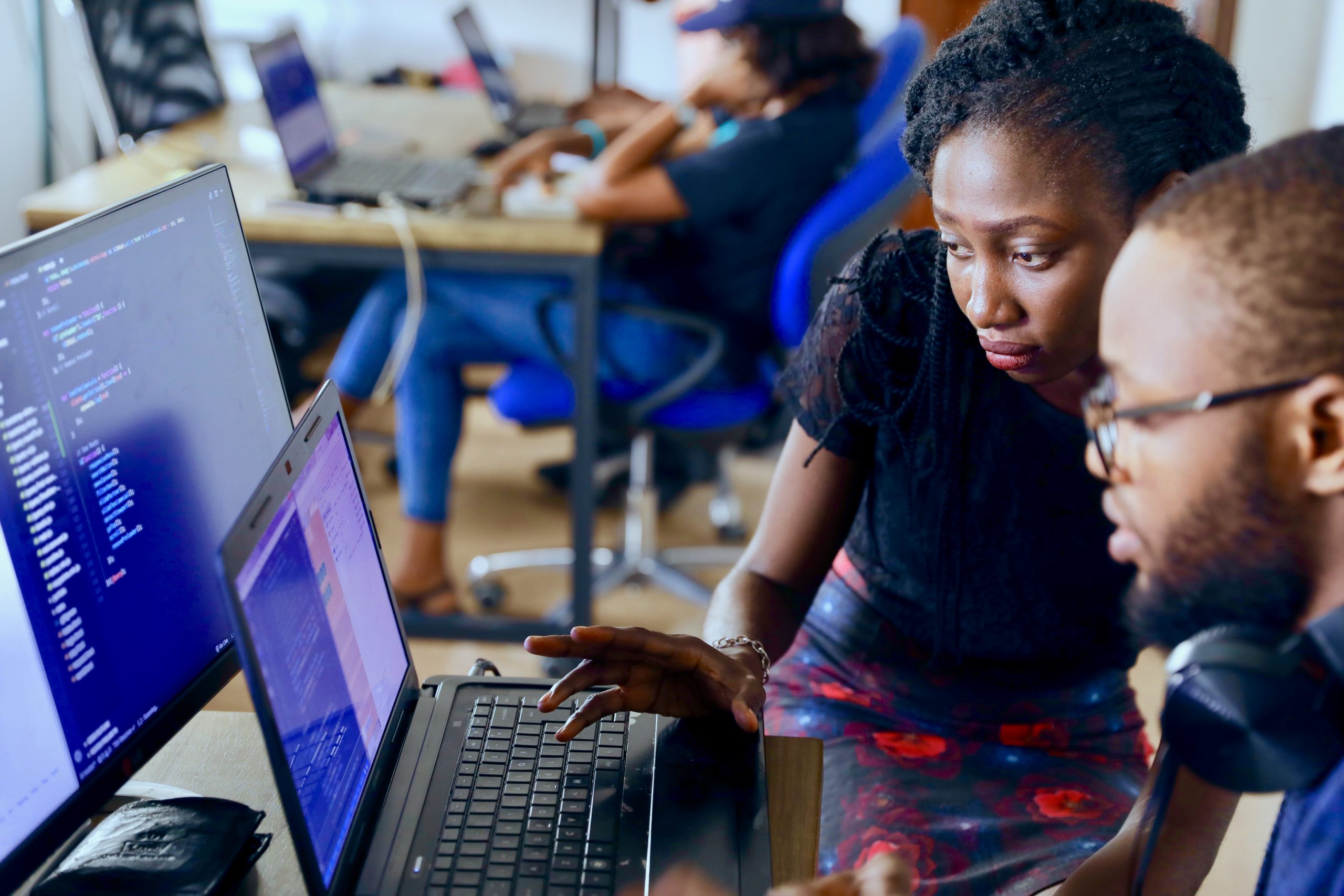Kenya leads the way In a bold move Kenya has become the first country in Africa to make coding a subject in its national curriculum, as it moves to prepare its students for the digital age. Sometimes I dream of a future where every student has access to the tools needed to flourish in an increasingly digital world, where children are encouraged to be creative and innovative from the time that they are very small, and where the world of technology is an ever-expanding cornucopia of opportunity. As the country leaps ahead, Kenya no longer simply dreams of this future-it is quickly becoming a reality by incorporating coding into its national curriculum.
This move by Kenya to make learning of code a part of the school syllabus is a bold step and an open door for both the future students – the young Kenyan kids – and the world. It equips the citizens of tomorrow with the free and open source tools and resources available to them to grasp, grasp, and innovate in a digital future by embracing the technological revolution to make it part of the educational syllabus. This ground-breaking development reflects a forward-looking perspective that bridges the education-market divide and equips students to perform in a world of integration.
Coding is more than just about coding language, it helps in developing critical thinking, problem-solving, creativity, collaboration and so much more…. It provides students the skills to be active creators and not just consumers of technology. When students learn to code they are not simply learning how to write a program – we believe they are also learning to reason logically, think computationally, and understand how technology operates. Not only do these skills have spillover effects on their academic performance, but they are also useful tools for future careers and entrepreneurship.
Coding has its advantages which even transcends technology. It fosters a growth mindset and teaches students how to face challenges, to work hard and to be resilient. Coding is rife with trial and error, it forces one to iterate and adapt, and this sets up the programmer to learn and (ideally) get better over time. This would prove to be a valuable asset as it would help students to come out of the difficulties of the contemporary digital world.
The other advantage it has is that it goes a long way in promoting and encouraging equity and inclusivity – with coding now part of the national curriculum. By democratizing coding education – irrespective of social class, or gender – Kenya is ushering in a more inclusive society where all students can flourish and meaningfully participate in the digital economy. The combination of both, the existing digital divide is addressed and diversity is promoted as well as underrepresented groups in the technology sector are empower.
Kenya has started an incredible journey that seeks to transform education by integrating coding as one of the key skill enshrined in the national curriculum. The move makes Kenya vision’s ahead in Africa as the first country to begin an education program likely to give students skills and mindset necessary for success in the digital era. Through making coding core, Kenya is not only arming its learners to face the future but also to be active participants in reshaping it.
Kenya was the first to break ground – after all, as we think about opening our own education systems, what can be? Where do we implement the skills of tomorrow into our curricula, in innovative ways? What more us will require as we continue to evolve with the times. How do we put the learner before the learning, preparing them for a dynamic world that doesn’t exist yet?
Coding in the national curriculum is proof of what Kenya envisioned and toiled towards in shaping the most future-ready generation. Kenya’s story isn’t an isolated one but it is something we can all draw courage from. Imagine a world in which all students have the opportunity to learn how to code and are empowered with the skills to be creative and innovative, setting them up to not be a casualty in the digital age. Let’s change education together. To this end, let us pioneer coding as a fundamental aspect of our own curricula, so our next generation of citizens can become more responsible and savvy purveyors of the exciting digital opportunities to come. This helps us achieve a future where all learners are well prepared to thrive, where the unimaginable becomes possible, where dreams materialize and the boundaries of possibility are continuously stretched.
UNITED – we will empower a GLOBAL learning generation willing to shape their world with FRESH ideas and a NEW vision, ready to lead with creativity and innovation!


